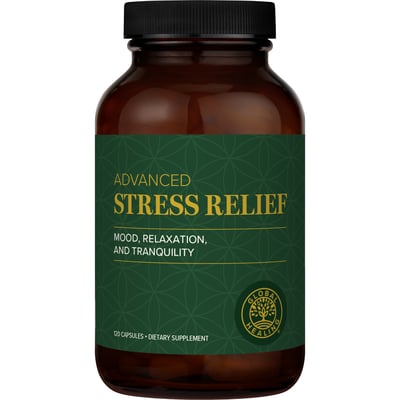The connection between nature and mental health is not just a passing trend, but a fundamental aspect of our well-being. We spend most of our time in artificial environments, life office cubicles, shopping malls, and concrete jungles. When we are overly exposed to artificial environments and pollutants, our bodies may not have a chance to restore themselves. Additionally, the lack of natural light can disrupt our circadian rhythms, leading to sleep disturbance and fatigue. Mentally, when we disconnect from nature, research shows an increase in symptoms of anxiety, depression, and stress.
When we become detached from nature, we deprive ourselves of the healing powers of the natural world. Spending time in natural environments has been shown to have a camping effect on the mind and can help reduce the production of cortisol, the stress hormone.
Here are a few ways we benefit from connecting with nature:
1. Reduced stress: Being in nature has a calming effect on the body and mind. It helps reduce the production of cortisol, a stress hormone and increases the production of endorphins, the "feel-good" hormones.
2. Improved mood: Exposure to nature can boost our mood and increase feelings of happiness and well-being. It helps us feel more relaxed and content, which can be particularly beneficial for those struggling with depression.
3. Increased creativity: Nature can stimulate our creativity and imagination. Studies have found that spending time in nature can boost our cognitive function and help us think more creatively.
4. Better sleep: Spending time in natural light can help regulate our sleep patterns, making it easier to fall asleep and stay asleep. Exposure to natural light can also improve our mood and energy levels during the day.
5. Enhanced immune function: Nature can boost our immune function by increasing the production of natural killer cells, which help fight off disease and infection.
As we navigate the challenges of modern life, it's important to make time for the natural world and to reap the many benefits that it offers. Whether we're struggling with stress, anxiety, or depression, spending time in nature can be a powerful tool to help us feel better and live a more fulfilling life. There are many unique ways to engage with nature to improve our mental and physical well-being.
Methods to engage with nature for mental wellness:
1. Forest bathing: This is a Japanese practice of immersing oneself in nature and using all five senses to connect with the environment. The idea is to slow down, breathe deeply, and take in the sights, sounds, and smells of the natural world.
2. Gardening: Whether it's tending to a small herb garden or planting a full-scale vegetable patch, gardening is a great way to connect with nature and get your hands dirty. Studies have shown that gardening can reduce stress and anxiety and improve mood.
3. Bird watching: Observing birds in their natural habitat can be a peaceful and meditative experience. It can also be a great way to learn about different species and their behaviors.
4. Nature meditation: Practicing meditation in a natural setting can be a powerful way to connect with the environment and quiet the mind. This can involve finding a peaceful spot in nature, closing your eyes, and focusing on your breath or a particular aspect of the natural world.
Ultimately, the key is to find what works for you and to make time for a regular connection with the natural world. If you find yourself struggling with mental health and wellness, the most important thing to do is to seek help. There are many resources available to support individuals who are struggling with mental health issues, including therapists, counselors, support groups, and crisis hotlines, and natural supplements.
It's important to remember that seeking help is a sign of strength, not weakness. It is possible to overcome mental health challenges and lead a fulfilling life. Additionally, self-care practices such as getting regular exercise, eating a balanced diet, getting enough sleep, and engaging in activities that bring you joy and relaxation can also help support your mental wellness. Don't be afraid to reach out for help and take steps to prioritize your mental health and well-being.
†Results may vary. Information and statements made are for education purposes and are not intended to replace the advice of your doctor. If you have a severe medical condition or health concern, see your physician.











